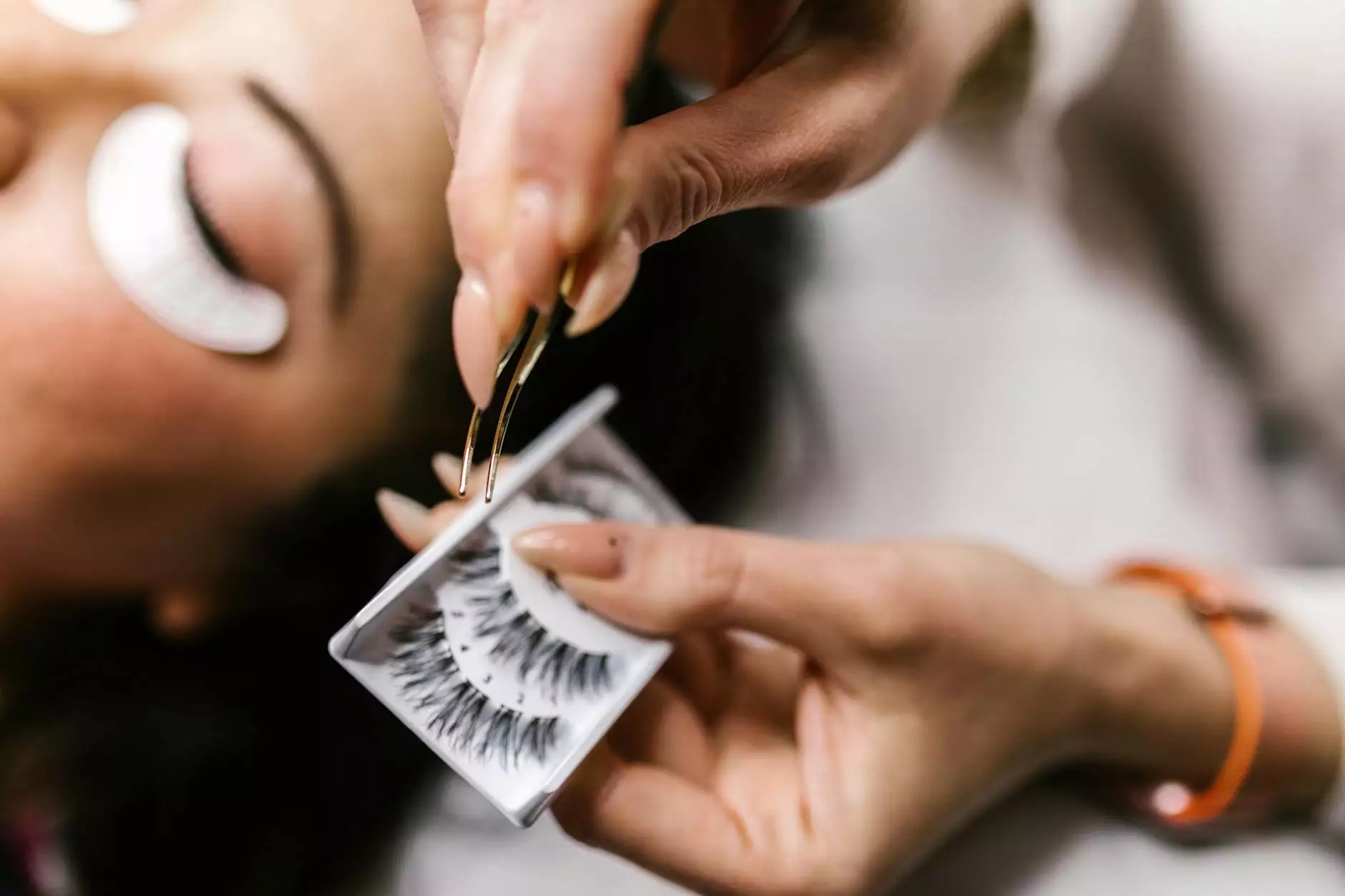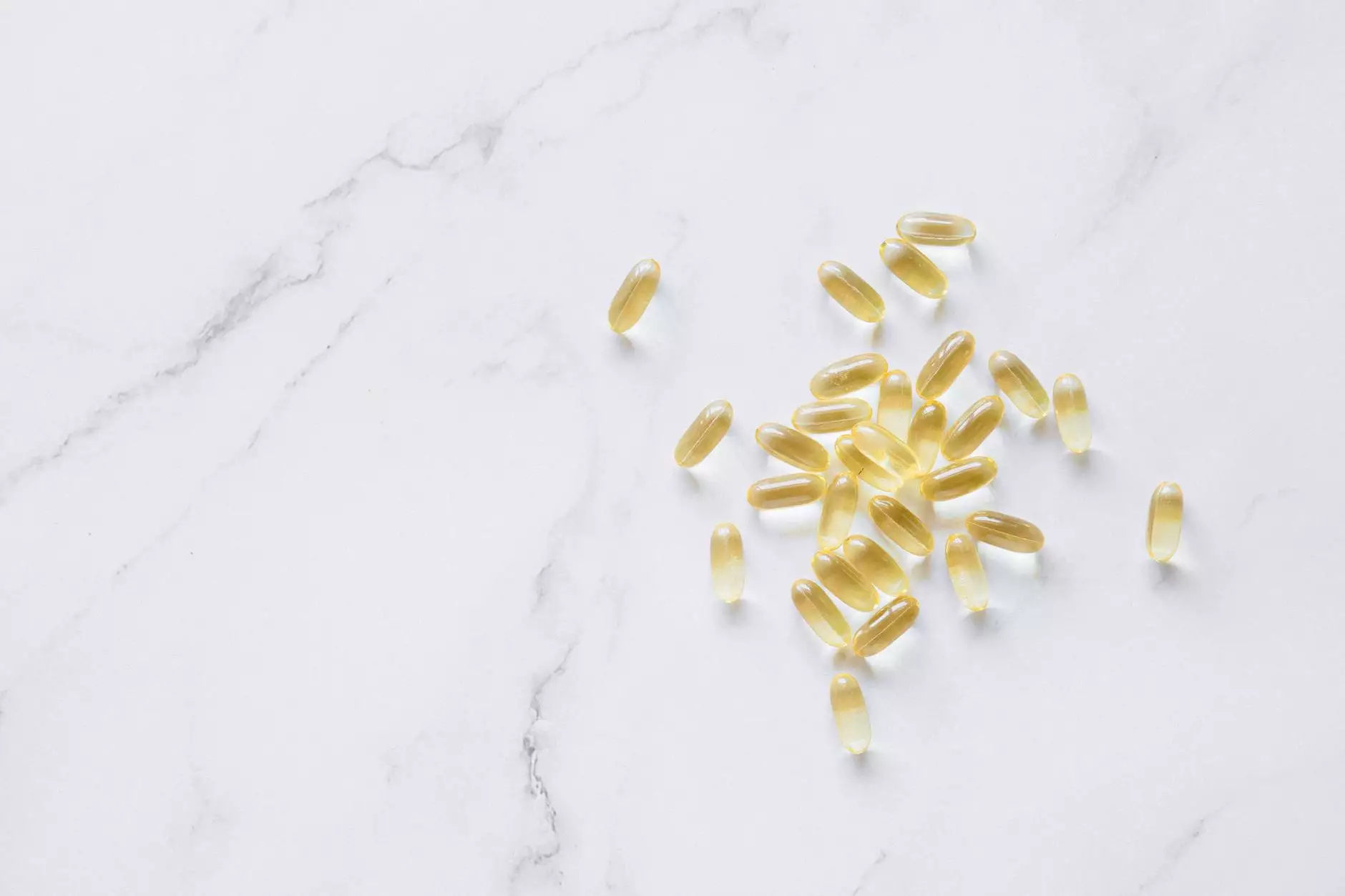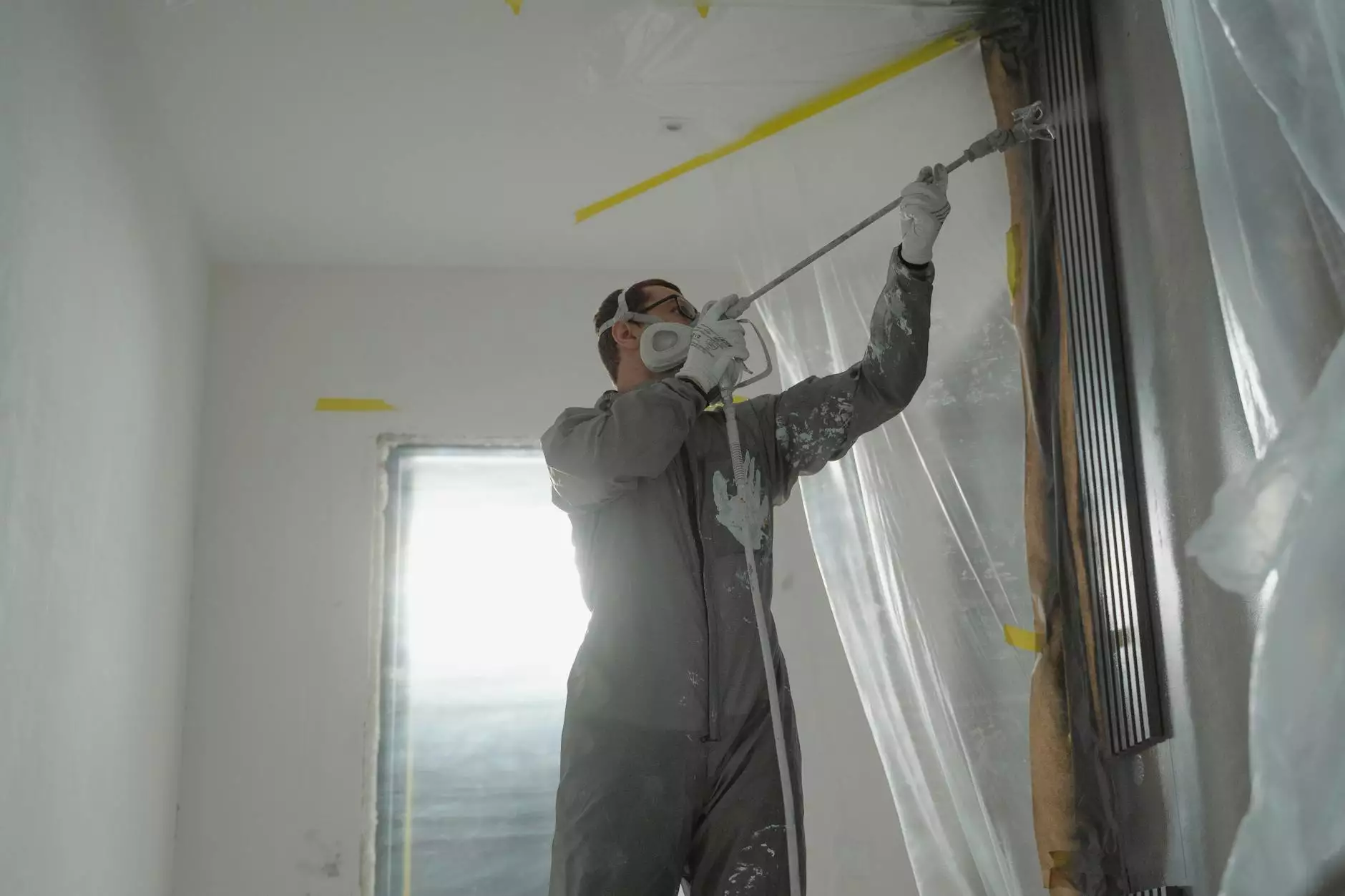Hygienist Teeth Cleaning: A Comprehensive Guide for Optimal Oral Health

Maintaining optimal oral health is crucial for everyone, and one of the best ways to achieve that is through regular visits to your dental hygienist for proactive care. Among the many services offered, hygienist teeth cleaning plays a foundational role in ensuring that your teeth and gums remain healthy. In this article, we will explore the significance of hygienist teeth cleaning, the procedure itself, and its numerous benefits to your overall health.
The Importance of Regular Dental Hygiene
Dental hygiene is essential for preventing oral diseases and enhancing your quality of life. Poor oral hygiene can lead to a myriad of issues, such as:
- Cavities: Plaque buildup can cause tooth decay, leading to painful cavities.
- Gum Disease: Inflammation and infection of the gums can result in gingivitis or periodontitis.
- Bad Breath: Accumulation of food particles and bacteria contributes to chronic bad breath.
- Heart Disease: There’s a growing body of evidence linking poor oral hygiene to cardiovascular problems.
Regular teeth cleaning with a hygienist helps to mitigate these risks, ensuring that you maintain a healthy mouth and a vibrant smile.
What is Hygienist Teeth Cleaning?
Hygienist teeth cleaning refers to a professional dental cleaning performed by a dental hygienist, a trained expert in oral health. This treatment typically includes the following steps:
1. Comprehensive Oral Examination
At the beginning of the appointment, your hygienist will perform a thorough examination of your teeth and gums. They check for signs of decay, plaque buildup, tartar, loose teeth, and gum inflammation. This examination is critical for identifying potential issues before they become serious problems.
2. Removal of Plaque and Tartar
Using specialized instruments, the hygienist will carefully remove plaque and tartar (hardened plaque) from the surfaces of your teeth. This step is vital because plaque and tartar are the primary culprits for tooth decay and gum disease.
3. Deep Cleaning
After removing visible plaque and tartar, the next phase involves a deeper cleaning. This may include scaling below the gum line to remove any hidden buildup. This process is especially important for patients with gum disease.
4. Polishing
Once the scaling is completed, the hygienist will polish your teeth using a gritty toothpaste-like substance. This step smooths the surface of your teeth, making it more challenging for plaque to adhere and accumulate.
5. Fluoride Treatment
Often, a fluoride treatment is the final step in the process. The application of fluoride helps to strengthen tooth enamel and provides additional protection against cavities.
Benefits of Hygienist Teeth Cleaning
Regularly visiting a hygienist for teeth cleaning offers a multitude of benefits, including:
1. Prevention of Tooth Decay
Through routine hygienist teeth cleaning, you can significantly reduce the risk of cavities and other dental conditions by keeping your teeth clean and free from harmful bacteria.
2. Early Detection of Oral Health Issues
The comprehensive examination performed by your hygienist allows for the early detection of potential dental problems, aiding in prevention and treatment before they escalate into more significant issues.
3. Improved Breath Freshness
By removing plaque and tartar, professional cleanings help reduce bad breath caused by bacteria buildup, leaving you with a fresh and clean mouth.
4. Enhanced Overall Health
Oral health is closely linked to overall health. By maintaining good oral hygiene, you can reduce your risk of developing serious health problems, including heart disease and diabetes.
5. A Brighter Smile
A professional cleaning will not only improve your oral health but will also leave your teeth looking polished and brighter, enhancing your smile.
How Often Should You Schedule Hygienist Teeth Cleaning?
Most dental professionals recommend having your teeth cleaned by a hygienist at least every six months. However, the frequency may vary based on your individual oral health needs:
- Standard Care: For individuals with good oral hygiene practices and no major existing dental issues, biannual cleanings are typically sufficient.
- Higher Risk Patients: Those with a history of gum disease, heavy plaque buildup, or other dental concerns may benefit from cleaning every three to four months.
What to Expect Before, During, and After the Appointment?
Understanding what to expect during your visit can ease anxiety and help you prepare. Here’s a breakdown:
Before Your Appointment
Prior to your visit, it’s helpful to prepare a list of any questions or concerns you might have regarding your oral health. Make sure to inform your hygienist of any medications you are taking or changes in your health since your last visit.
During the Appointment
During the cleaning, it is perfectly normal to feel some discomfort, particularly during the scaling process if you have sensitive teeth or gum disease. Your hygienist will work gently to minimize any discomfort and ensure efficiency.
After the Appointment
Post-cleaning, it may feel a bit strange to adjust to your clean teeth; they might feel smooth and almost slippery. Your hygienist may recommend specific oral care practices or products to use until your next appointment.
Conclusion: Invest in Your Oral Health
Hygienist teeth cleaning is a vital component of maintaining your overall oral health. By understanding the process, the benefits, and establishing a routine, you can ensure that your teeth remain healthy and your smile shines bright. Don't overlook the importance of visiting your dental hygienist regularly; it's an investment in your health and wellbeing.
For more information about hygienist teeth cleaning services available, visit Almas Dental Clinic today and take the first step toward a healthier smile.









